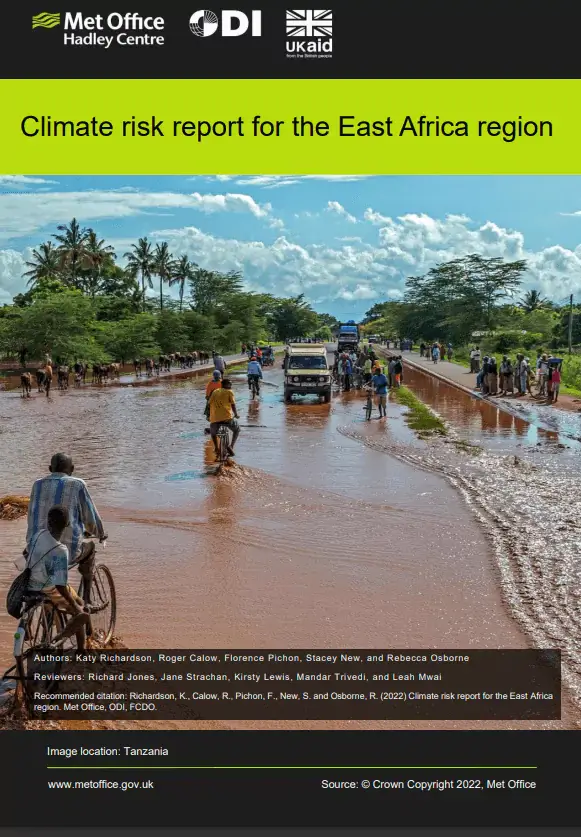The Government of Uganda recognizes climate change as one of the greatest challenges affecting agricultural production and productivity. Both the NDP II and ASSP emphasize the need implement measures to increase the country’s resilience to climate change.
The impacts of climate change in the Agricultural Sector are evident and include increasing temperatures, frequent droughts, flooding, prolonged dry spells, hailstorms, landslides, lightening, pests and disease epidemics and shifts in rainy seasons. These impacts of climate change have implications on economic development of Uganda since the majority of the population depends on
agriculture.
These guidelines were developed with the main objective of providing practical, step-by-step guidance for all stakeholders in agriculture sector, including the MAAIF Agencies and Local governments, on how to mainstream climate change adaptation and mitigation in their planning and decision-making processes.
These guidelines are in line with the National Guidelines for Climate Change Mainstreaming
Ministry’s vision of “A competitive, profitable and sustainable agricultural sector” and the Global
Climate Change Protocols as recommended by the United Nations Convention on Climate Change.

